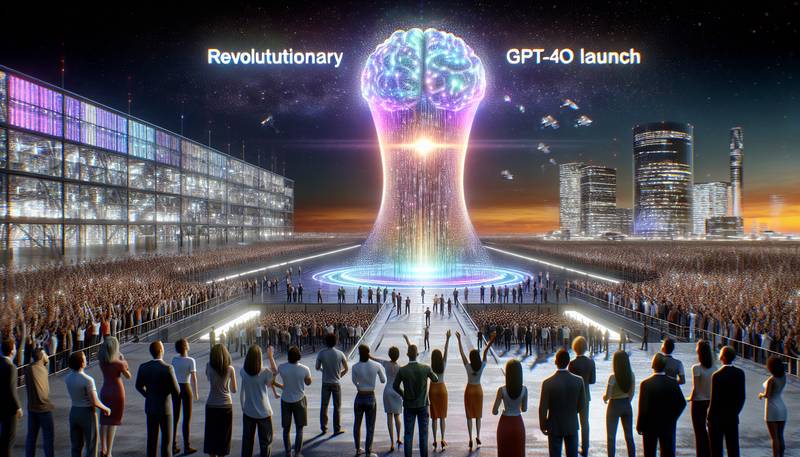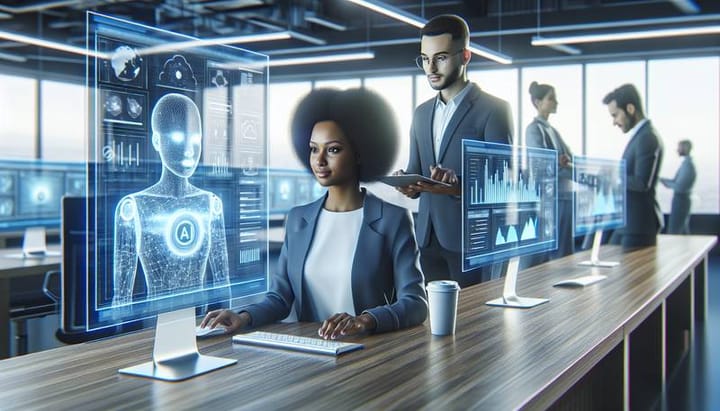OpenAI Launches Revolutionary GPT-4o for Free to the Public

A New Era of AI Accessibility
The world of artificial intelligence has taken an exciting leap forward with OpenAI's recent announcement of GPT-4o, a powerful model available for free to all users. This new iteration combines real-time audio, visual, and text processing, creating a more seamless and responsive AI experience. Existing ChatGPT Plus subscribers will be granted early access with higher messaging limits, while Teams and Enterprises will enjoy even greater capacity.
Demo Showcase: The Future is Omni
During the spirited demonstration, OpenAI's CTO and researchers spotlighted GPT-4o's capabilities, including real-time voice interaction, solving mathematical problems, code comprehension, multilingual translation, and emotional recognition - all with significantly reduced response times. This positions GPT-4o as a potential game-changer in natural digital assistance, far surpassing the current turn-based models.
GPT-4o for Everyone!
Free access extends beyond GPT-4o's advanced features. OpenAI commits to inclusivity by offering memory function, the GPT Store, vision capabilities, and advanced data analysis without fees. ChatGPT can now handle 50 languages, reaching a wider audience than ever before.
At The Developer's Fingertips
Not only end-users, but developers too can reap the benefits of GPT-4o through an accessible API, soon to support video and audio features for selected partners, bolstering the app ecosystem with rich AI functionalities.
A Welcoming User Interface and Handy Desktop App
OpenAI aims to make its AI as user-friendly as possible. Both the mobile and macOS desktop apps now boast an intuitive design, making interactions with AI more comfortable and 'friendly'. Plus, the desktop version even allows for keyboard shortcuts, speeding up processes.
Continuously Evolving AI
OpenAI's mission is to demystify and advance accessible technology. With powerful tools like Nvidia GPUs, they promise ongoing improvements and future updates that could redefine our interaction with devices and digital assistants, making artificial intelligence an evermore integral part of our daily lives.


